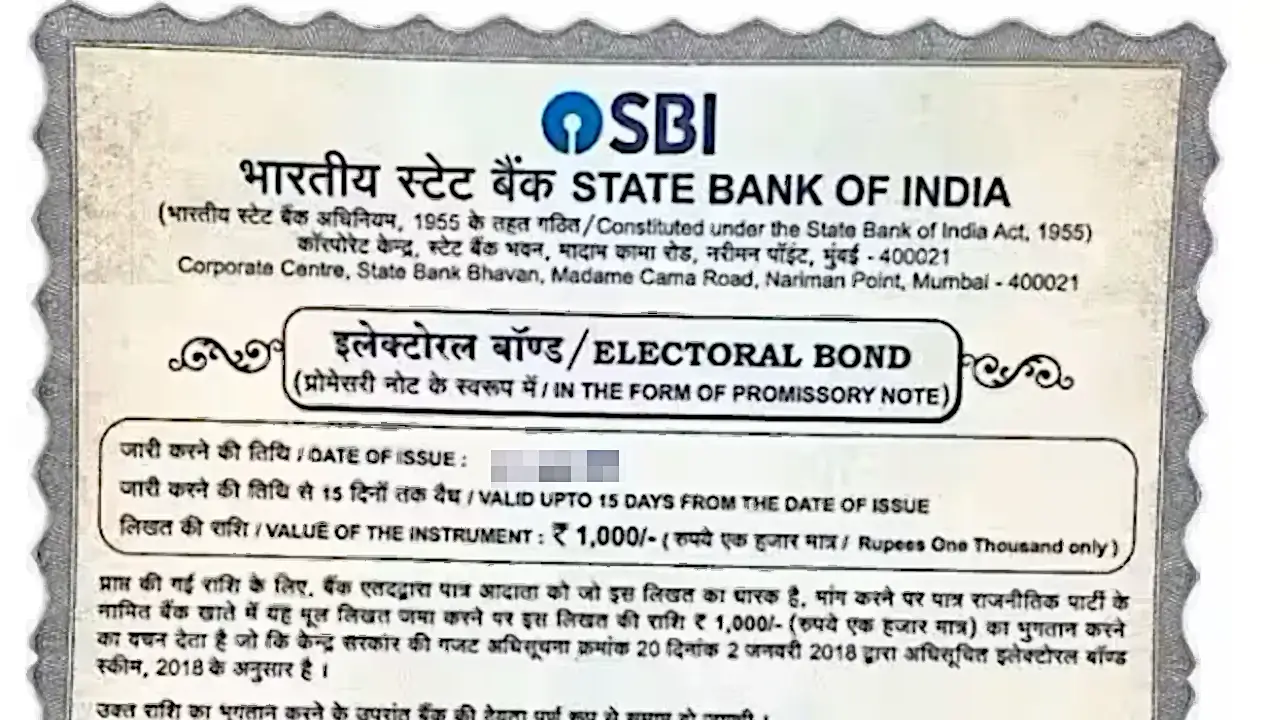The top echelons of the legal community were stirred as the Supreme Court Bar Association (SCBA) Executive Committee publicly denounced a move by its president, Adish C Aggarwala, in relation to the Supreme Court’s judgement on the electoral bonds scheme. Adish C Aggarwala, who also presides as the chairperson of the All India Bar Association (AIBA), had encountered backlash for authoring a contentious letter to President Droupadi Murmu. In this communication, Aggarwala requests a presidential reference to re-examine the Supreme Court’s decision to strike down the electoral bonds scheme—a verdict delivered by a bench led by the Chief Justice of India on February 15.
Aggarwala argued that disclosing the names and contributions of corporates to political parties would compromise their safety and privacy. He expressed concern that such revelations could lead to corporates being victimized or harassed, especially by parties that received lesser contributions. Further, he contended that retrospective transparency may deter corporate donations and inhibit their engagement in the democratic process. His letter’s context stirred strife, as it appeared to bear the SCBA’s endorsement by including his designation as its president.
To clear the air, the SCBA Executive Committee convened and articulated a definitive dissociation from the letter. In a resolution penned by SCBA secretary Rohit Pandey, the committee stressed that they neither authorized Aggarwala to forward such correspondence nor supported his views. The resolution also condemned the act and content of the letter, viewing it as an overreach of the Supreme Court’s authority.
Meanwhile, the State Bank of India (SBI), India’s largest banking institution, adhered to the Supreme Court’s stern directive, submitting electoral bond data to the Election Commission of India (ECI). This move arrived subsequent to the bank’s initial plea for an extension of the deadline being unceremoniously dismissed by the Supreme Court, despite SBI’s plea for additional time citing the complexity of cross-checking and amalgamating the confidential data. A bench headed by the Chief Justice rebuked the bank for its past non-compliance, threatening contempt proceedings if future orders were not strictly observed. The ECI is set to compile and disclose the submitted data publicly by the designated deadline.
Last month’s landmark Supreme Court judgement declaring the electoral bond scheme unconstitutional due to its impingement on the right to information had culminated in orders for SBI and the ECI to provide and publish comprehensive donor details. As this tale of legal and political interplay continues to unfold, multiple institutions remain under the scrutinizing eye of the judiciary and public, amidst debates on transparency, legality, and the very foundations of India’s electoral finance laws.
